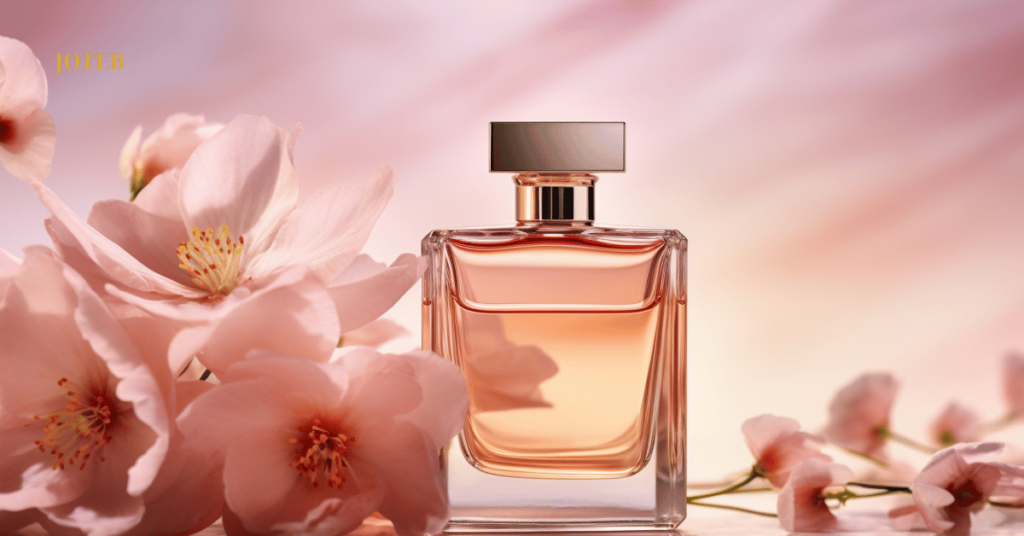joteb perfume
The World of Perfumes: An Exploration of Scent and Style
Perfumes have been an integral part of human culture for millennia,
serving as symbols of luxury, elegance, and personal expression.
The art of perfumery combines science and creativity
to create scents that evoke emotions, memories,
and identities. In this article, we explore the fascinating world of perfumes,
from their historical origins to the modern-day practices that define the industry.
A Brief History of Perfumes
The use of perfumes dates back to ancient civilizations,
where aromatic oils and balms were used in religious rituals,
personal grooming, and medicine.
The Egyptians were among the first to develop the art of perfumery,
creating intricate blends of floral and spice-based scents.
This tradition continued through the ages,
with notable contributions from the Greeks, Romans,
and Persians, each adding their unique touch to the craft.
The Craft of Perfumery
Creating a perfume is both an art and a science.
Perfumers, often called “noses,” use a wide range of ingredients,
from natural extracts like essential oils to synthetic compounds,
to craft fragrances that are both harmonious and complex.
The process begins with the selection of high-quality raw materials,
which are then carefully blended to achieve a desired scent profile.
Perfumes are typically categorized into
different fragrance families based on their dominant notes. These include:
- Floral: Featuring the scents of flowers such as roses, jasmine, and lilies,
floral fragrances are often feminine and romantic. - Woody: Incorporating notes like sandalwood, cedar, and patchouli,
woody fragrances are earthy and grounding, often associated with masculinity. - Oriental: Rich and exotic, oriental fragrances include spicy and sweet notes such as vanilla,
cinnamon, and amber, creating a warm and sensual aroma. - Fresh: Clean and invigorating, fresh fragrances include citrus, green, and aquatic notes,
perfect for a light and refreshing scent.
Choosing the Right Perfume
Selecting the perfect perfume involves more than
just picking a scent that smells good.
It’s about finding a fragrance that resonates with your
personality and enhances your natural scent.
Here are a few tips to help you choose the right perfume:
- Test Before You Buy: Always test a perfume on your skin before purchasing.
The scent can change when it interacts with your body chemistry. - Consider the Occasion: Choose lighter, fresher scents for daytime and work environments,
and reserve richer, more intense fragrances for evening or special occasions. - Seasonal Scents: Some fragrances are better suited for certain seasons.
Light, citrusy scents are perfect for summer, while warm, spicy fragrances are ideal for winter.
The Future of Perfumery
The perfume industry continues to evolve, with innovations in sustainable sourcing,
synthetic biology, and personalized scents.
As consumers become more conscious of the environmental impact of their choices,
there is a growing demand for eco-friendly and cruelty-free perfumes. Additionally,
advancements in technology are enabling the creation of bespoke
fragrances tailored to individual preferences and body chemistry.
Conclusion
Perfumes are a timeless form of self-expression,
offering a way to convey personality, mood, and style.
Whether you are drawn to the classic allure of floral scents,
the robust earthiness of woody fragrances, or the exotic richness of oriental notes,
there is a world of scents waiting to be explored.
Dive into the world of perfumery and discover the perfect scent that speaks to you.

